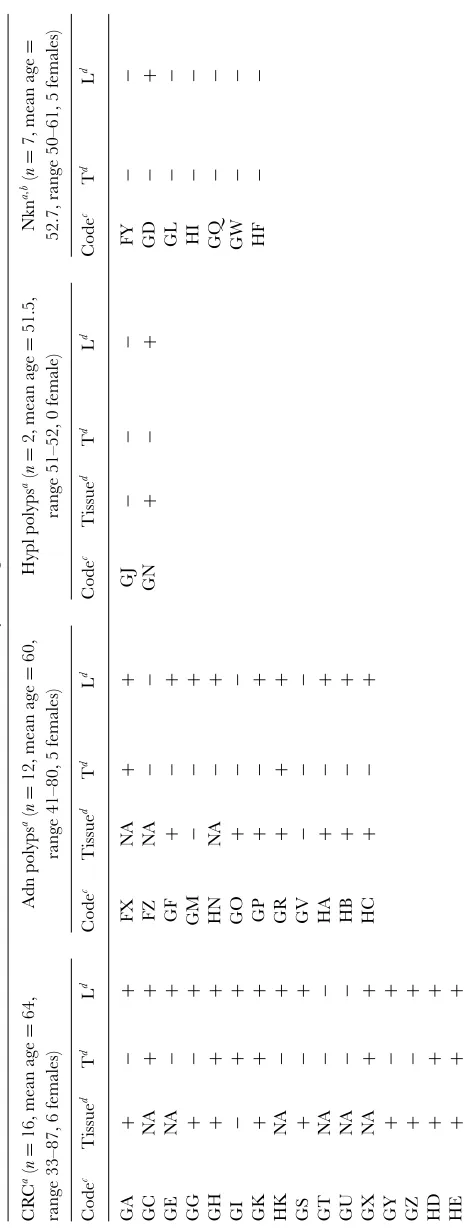Removal of High Molecular Weight DNA by Carboxylated Magnetic Beads Enhances the Detection of Mutated K ras DNA in Urine
Full text
Figure




Related documents
Although the inter- action between biotic and abiotic factors in plants was analyzed in the past several years through extrapolation of information from individual stress
The mobile-bearing and fi xed-bearing group showed approxi- mately the same range of knee fl exion and axial rotation of the femoral component with respect to the tibial
Whlle Catholic leaders have always wrangled with these questions, they have also come to one more issue for debate: If stem cells have already been harvested from embryos and
Also, antibacterial activity of the nanocomposite films showed increase ln the inhibition area towards the bacteria with increasing of CoO nanoparticles weight
In all, when we add all of the impacts together, the ethanol plant will directly or indirectly contribute to $66.2 million in total regional industrial output, $11.84 million in
Dies ist sowohl f¨ ur die Erzeugung von Einzelphotonen wichtig als auch f¨ ur den umgekehrten Fall, in dem ein von außen in den Resonator gesendetes einzelnes Photon vom Ion
Therefore, our aim in the Post-Up study was to determine if repeated screening for postpartum depression in WCC followed by routine care for screen- positive mothers results
The ecosystem includes the nurturing of small firms through the MLSC’s accelerator-loan and tax-incentive programs, assistance to the life sciences research labs in the